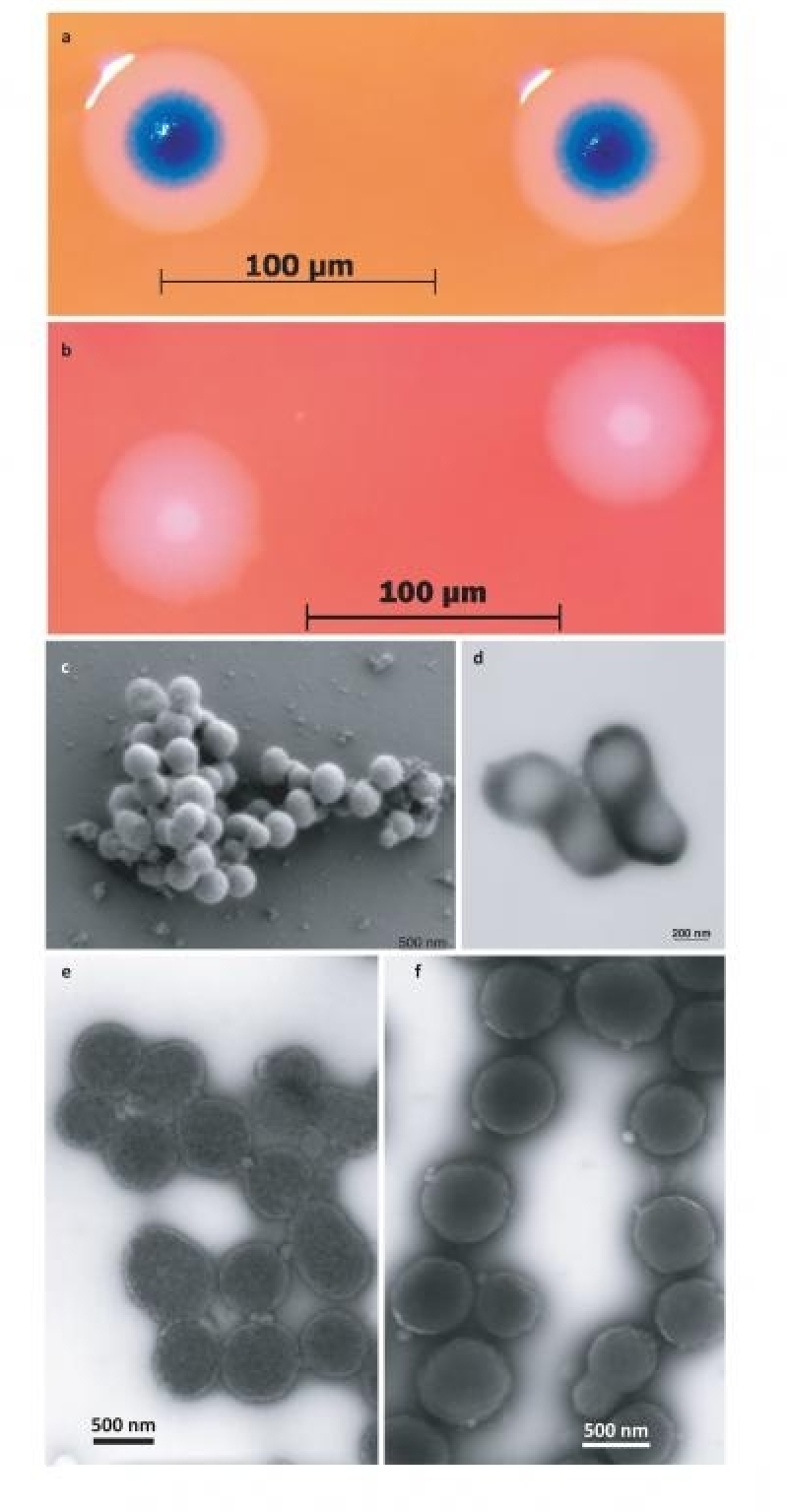
A biochemistry expert at the science-faith think tank Reasons to Believe is among those hailing the recent creation of the first-ever “synthetic cell,” though not for the same reasons as most.
“From an apologetics standpoint, this is exciting work that I’m happy to see pursued and would like to see even more effort devoted toward this because it’s giving us a very powerful case for [Intelligent] Design,” said Dr. Fazle Rana on Friday, referring to the idea that holds certain aspects of nature are so complex that they could not have come about by evolution alone but instead point to an intelligent designer.
“In fact, I even would go so far as to say that this is even a brand new class of arguments for Design,” he added during RTB’s flagship podcast.
On Thursday, a group of scientists announced that it had successfully replaced all of the natural DNA inside a cell with laboratory-synthesized DNA, creating the first-ever “synthetic cell.”
The team, led by Craig Venter of the J. Craig Venter Institute, presented its findings in an article published on the website of the journal Science, run by the non-profit American Association for the Advancement of Science (AAAS).
In the study, the scientists explained how they synthesized the genome of the bacterium Mycoplasm mycoides with four bottles of chemicals and transplanted it into another type of bacteria, Mycoplasm capricolum, which is closely related to M. mycoides.
"This is the first synthetic cell that's been made," said Venter, calling the cell synthetic because it was completely derived from a synthetic chromosome created on a chemical synthesizer with information in a computer.
"This becomes a very powerful tool for trying to design what we want biology to do,” Venter added. “We have a wide range of applications [in mind]."
In his comments Friday, Rana similarly noted that the applications are "limitless" as is "the potential for good."
But the Christian biochemist seemed more excited about the new set of arguments that have been made available to Design proponents through advances such Venter's.
"This is a third approach that says, 'We think that life is the work of a designer because we know from empirical experience now that to make life requires ingenuity, careful planning, careful manipulation of chemicals in the lab under exacting conditions in order to generate lifeforms,'" Rana said.
"I think it shows conclusively in the most compelling way possible that life requires a mind,” he added.
As for fears that bioterrorists could get a hold of the new methodology and do something damaging with it, Rana said such a possibility "is a long way off."
"To get this to work is so non-trivial. I can't imagine somebody in their garage cooking up a dangerous organism," he stated.
Others in the faith community, however, are not so confident.
While the announcement by Venter’s team raised the prospect of a number of benefits, such as the ability to accelerate vaccine development, it also raised potential societal and ethical concerns.
"Pretending to be God and parroting His power of creation is an enormous risk that can plunge men into a barbarity," Bishop Domenico Mogavero told Italian newspaper La Stampa, adding that scientists "should never forget that there is only one creator: God."
Monsignor Rino Fisichella, head of the Vatican’s Pontifical Academy for Life, meanwhile told The Associated Press that recently revealed work was a “great scientific discovery.”
“If we ascertain that it is for the good of all, of the environment and man in it, we’ll keep the same judgment,” he said.
But Fisichella added, “If, on the other hand, the use of this discovery should turn against the dignity of and respect for human life, then our judgment would change.”
Presently, aside from working on ways to speed up vaccine production, researchers are planning to design algae that can capture carbon dioxide and make new hydrocarbons that could go into refineries. Making new chemicals or food ingredients and cleaning up water are other possible benefits, according to Venter.
In light of the latest advance, President Obama has called upon his recently-created Presidential Commission for the Study of Bioethical Issues to consider the implications of the advance and report back to him within six months.
Obama encouraged the commission to consult with a range of constituencies – including scientific and medical communities, faith communities, and business and nonprofit organizations – stating that it is “vital that we as a society consider, in a thoughtful manner, the significance of this kind of scientific development.”
“With the Commission's collective expertise in the areas of science, policy, and ethical and religious values, I am confident that it will carry out this responsibility with the care and attention it deserves,” the president concluded in a letter Thursday to commission chair Amy Gutmann.
Obama had signed an Executive Order creating the Presidential Commission for the Study of Bioethical Issues late last November. The commission was created to advise the president on bioethical issues that may emerge from advances in biomedicine and related areas of science and technology.







